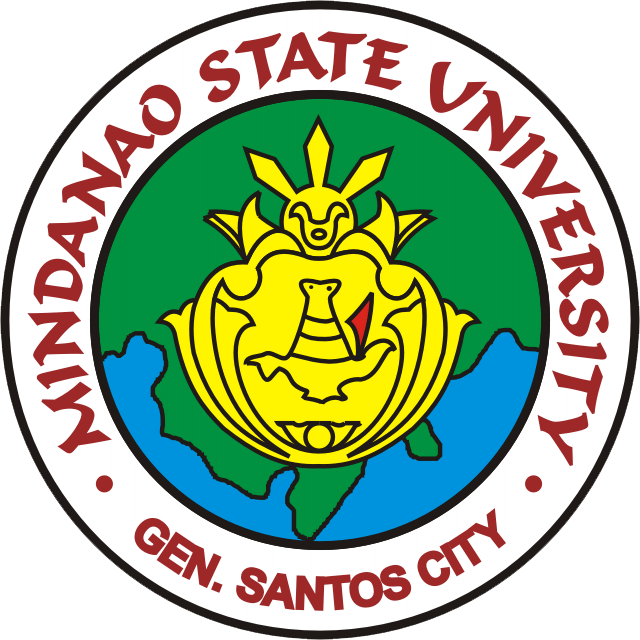The entire world has been in a state of emergency since the outbreak of COVID-19 in December of 2019. As a result, countries implemented various medical and non-medical preventive measures in order to mitigate the effects of the virus. While the number of cases continues to rise and all countries work to secure vaccines to protect individuals from the virus, our knowledge, attitudes, and actions about preventive protocols remain crucial in slowing the virus' spread.
This is a descriptive study using quantitative data collection. Stratified random sampling was utilized in selecting sixty (60) respondents from Barangay Calumpang, General Santos City. Researcher-made questionnaires were used for the survey and in order to analyze the data gathered, computed means were used for statement-indicators.
The findings of the study reveal that the respondents earn an average income of P5,000 and below, most are between the ages of 30 to 49 years old, with an educational attainment of high school graduate. Findings also show that respondents have a high level of knowledge, attitude, practice, and observance on non-medical preventive measures imposed in their Barangay. Moreover, it shows that with the higher the knowledge of the respondents on COVID-19, the higher their adherence and practice of the non-medical preventive measures.
Author
CHARLOTTE DOLERA
Abstract
SY
2022
Program
Bachelor of Arts in Sociology
Department
Department: Sociology
College
College: Social Sciences and Humanities
